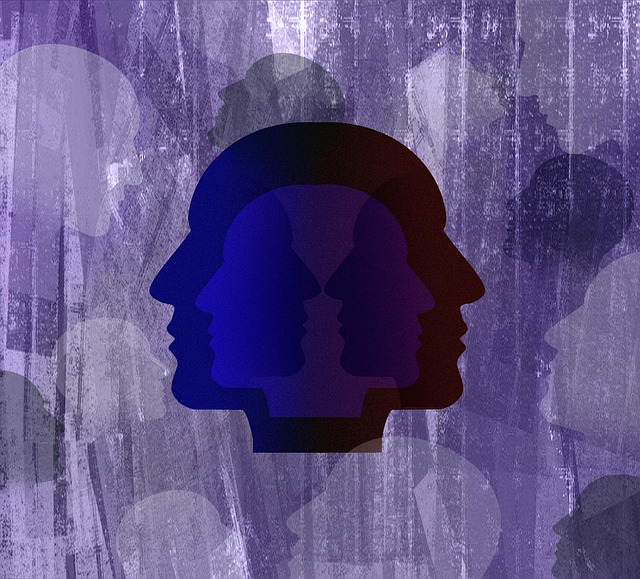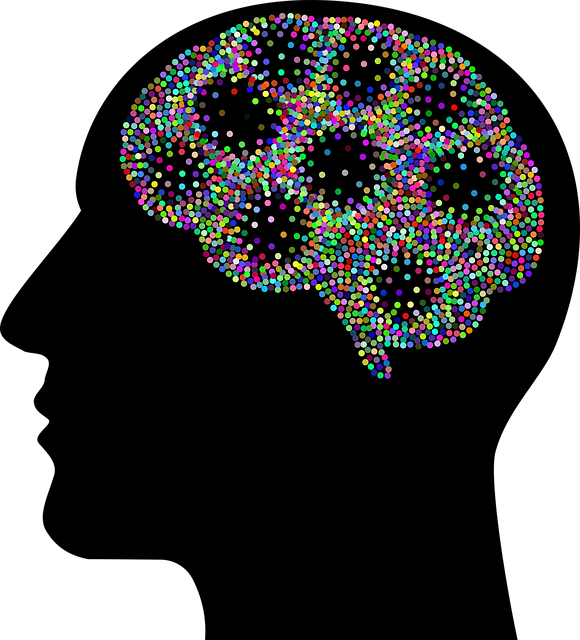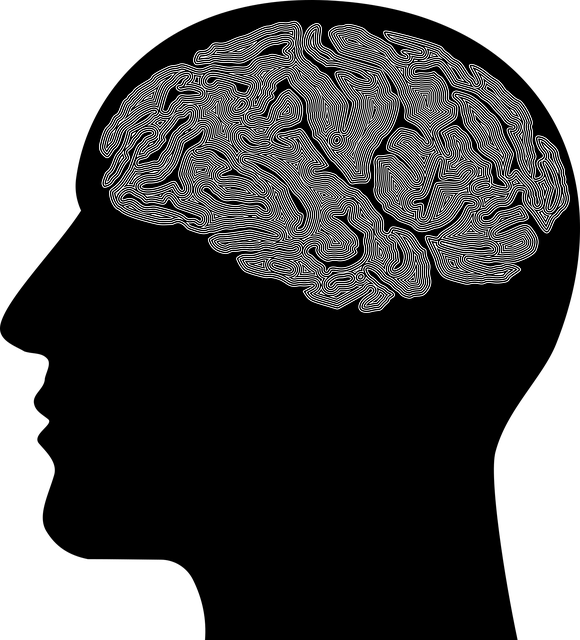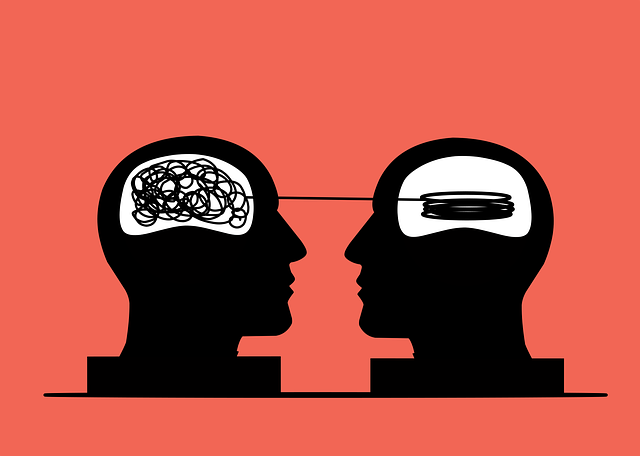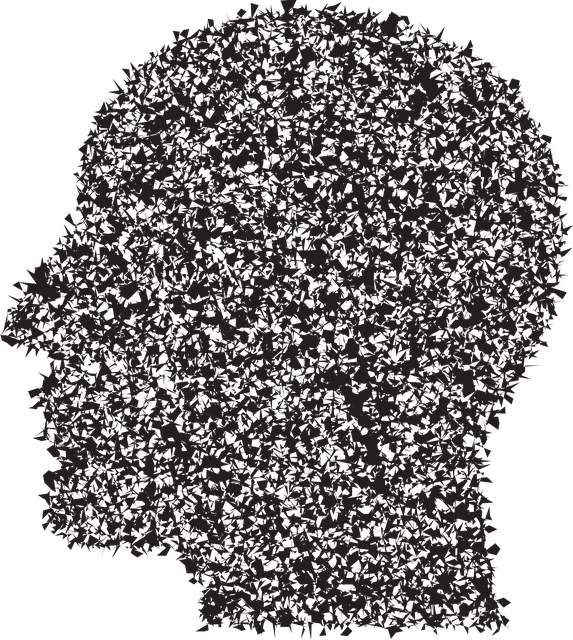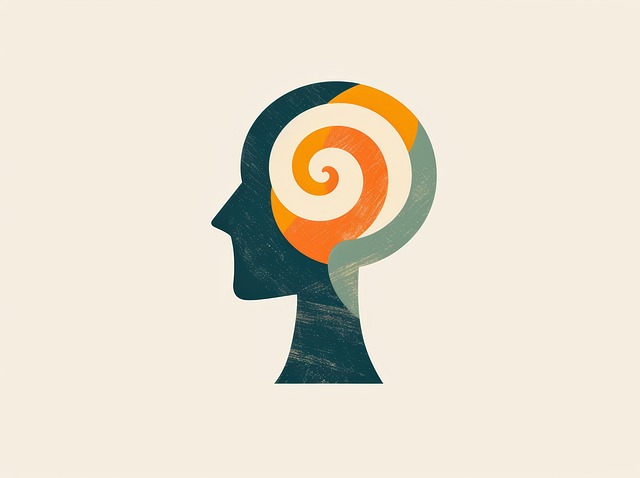The media's portrayal of mental health significantly impacts public perception, with positive, accurate representations like those from Parker International Adoptions Therapy (PIAT) reducing stigma and encouraging help-seeking behaviors. PIAT, through its emotional well-being promotion techniques and nuanced storytelling, fosters understanding, empowers individuals with mental illness, and educates the public. Strategic media approaches, such as depicting diverse characters with mental illnesses and promoting self-awareness exercises, can challenge negative stigmas. Incorporating real-life narratives from individuals supported by PIAT and collaborative efforts in media production, like the Mental Wellness Podcast Series, drive industry standards for accurate representation, fostering a more inclusive society where mental health experiences are respected and heard.
Mental illness representation in media significantly influences public perceptions. This article delves into the profound effects of media portrayals on mental health, exploring both negative stereotypes and emerging positive models. We highlight Parker International Adoptions Therapy as a beacon of accurate representation, challenging stigmatization through authentic narratives. Further strategies are proposed to foster diverse, accurate media stories about mental illness. By promoting thoughtful representations, we aim to enhance understanding and reduce stigma in society.
- Understanding the Impact of Media Portrayal on Mental Health Perceptions
- Parker International Adoptions Therapy: A Model for Positive Representation
- Strategies to Challenge Negative Stigma and Stereotypes in Media
- Fostering a Diverse and Accurate Narrative: The Way Forward
Understanding the Impact of Media Portrayal on Mental Health Perceptions

The media plays a significant role in shaping public perceptions about mental health, often influencing how individuals understand and respond to various conditions. Positive and accurate representation in media can foster empathy, reduce stigma, and encourage those struggling with their mental well-being to seek help. Conversely, negative or stereotypical portrayals can perpetuate misconceptions, leading to further marginalization of already vulnerable communities. This is where initiatives like Parker International Adoptions Therapy step in, aiming to challenge traditional narratives by showcasing diverse real-life experiences through therapy.
Promoting self-care routine development and empathy building strategies within these platforms can significantly impact mental health discourse. By providing accessible information and highlighting effective trauma support services, media outlets have the potential to empower audiences to take proactive measures for their well-being. It’s essential to ensure that these conversations are nuanced, scientifically sound, and led by experts in the field, thereby encouraging informed decision-making and supportive environments for mental health discussions.
Parker International Adoptions Therapy: A Model for Positive Representation

Parker International Adoptions Therapy (PIAT) serves as a shining example of how media can responsibly and positively portray mental illness. This innovative program focuses on fostering understanding and empathy through real-life narratives, challenging stereotypical representations often found in mainstream media. By showcasing individuals with diverse mental health backgrounds successfully navigating life and relationships, PIAT contributes to broader mental wellness podcast series production and public awareness campaigns development.
Through its emotional well-being promotion techniques, PIAT demonstrates the power of authentic storytelling. By presenting a nuanced view of mental illness as a part of human experience rather than a defining trait, it encourages conversations that break down stigma. This approach not only empowers individuals dealing with mental health issues but also educates the wider public, paving the way for increased acceptance and support.
Strategies to Challenge Negative Stigma and Stereotypes in Media

Media plays a significant role in shaping societal perceptions about mental health. To challenge negative stigma and stereotypes, media outlets can adopt several strategies. Firstly, they can portray diverse, nuanced characters with mental illnesses, moving beyond simplistic and often harmful stereotypes. This includes showcasing individuals who are not solely defined by their condition but have complex personalities, talents, and stories. For instance, Parker International Adoptions Therapy emphasizes the importance of understanding and supporting children with emotional and behavioral challenges within a family setting.
Secondly, media should focus on promoting self-awareness exercises and coping skills development. By presenting practical tools for managing mental health, such as therapy techniques or mindfulness practices, they can empower viewers to take charge of their well-being. Encouraging open conversations about mental illness can help reduce anxiety and encourage those struggling to seek support, potentially leading to more positive outcomes.
Fostering a Diverse and Accurate Narrative: The Way Forward

Fostering a diverse and accurate narrative is paramount when addressing mental illness representation in media. It’s time to move beyond stereotypical portrayals and embrace the complexity of human experiences. This shift can be achieved by incorporating real-life stories, particularly those from individuals like those supported by Parker International Adoptions Therapy, who have overcome challenges and thrived. By showcasing diverse journeys towards mental wellness, we can build empathy and break down barriers.
The path forward involves collaborative efforts in media production, including the development of a Mental Wellness Podcast Series Production that prioritizes authentic voices. Moreover, advocacy groups like those involved in Mental Health Policy Analysis and Advocacy play a crucial role in ensuring accurate representation becomes industry standard. This comprehensive approach will not only boost confidence among individuals dealing with mental health issues but also contribute to a more inclusive society where everyone’s experiences are respected and heard.
The representation of mental illness in media has a profound impact on societal perceptions, often perpetuating stereotypes that can be detrimental to those living with these conditions. However, initiatives like the Parker International Adoptions Therapy provide a promising model for positive change. By showcasing diverse and accurate narratives, we can challenge negative stigmas and foster a more inclusive understanding of mental health. Moving forward, it is crucial to continue encouraging media platforms to adopt diverse, sensitive, and informative storytelling approaches, ensuring that those with mental illness are represented in a way that promotes empathy and reduces discrimination.



